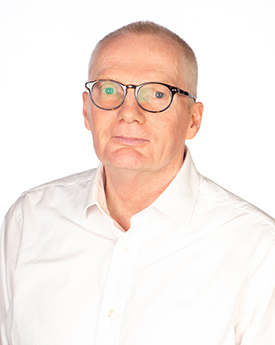Military Lives and Transformative Experiences: Exploring narratives and aged veterans’ wellbeing was a research project conducted between 2017 and 2019. It brought together academics from medical sociology, philosophy, psychology and health research to consider how older veterans’ wellbeing may be improved by autobiographical storytelling in various forms. Our aim was to consider the impact of personal narrative in connection with wider philosophical questions about flourishing and wellbeing for older veterans. The project had two strands of data collection:
- Interviews with 50 older veterans, focused on the role of personal narrative autobiography and autobiographical accounts and their impact on wellbeing.
- Five workshops conducted in Ashton-under-Lyne, Lancaster, London, Manchester and Preston working with a total of over 70 veterans (approx. 15 per workshop), examining the use of storying prompts, concepts such as transformative experience, and focused on a particular theme in military life such as enlistment, comradeship or leaving the forces.
Our research acknowledges, and works towards addressing, the challenges that some members of the veteran community may be facing. Veteran stories must be heard for those working with the veteran community to deliver best practice support if required. A valuable part of these stories is knowledge of what veterans enjoyed and valued about service and the impact it had upon their lives both during and after service. Working with older veterans in workshops and interviews, we shared stories from classic martial autobiographies, and heard aged veterans’ stories in response, in order to:
- Investigate the therapeutic benefits of autobiographical storytelling in response to prompts
- Understand the relationship between aged veterans’ storytelling and philosophical analyses of martial autobiographies and of flourishing.





